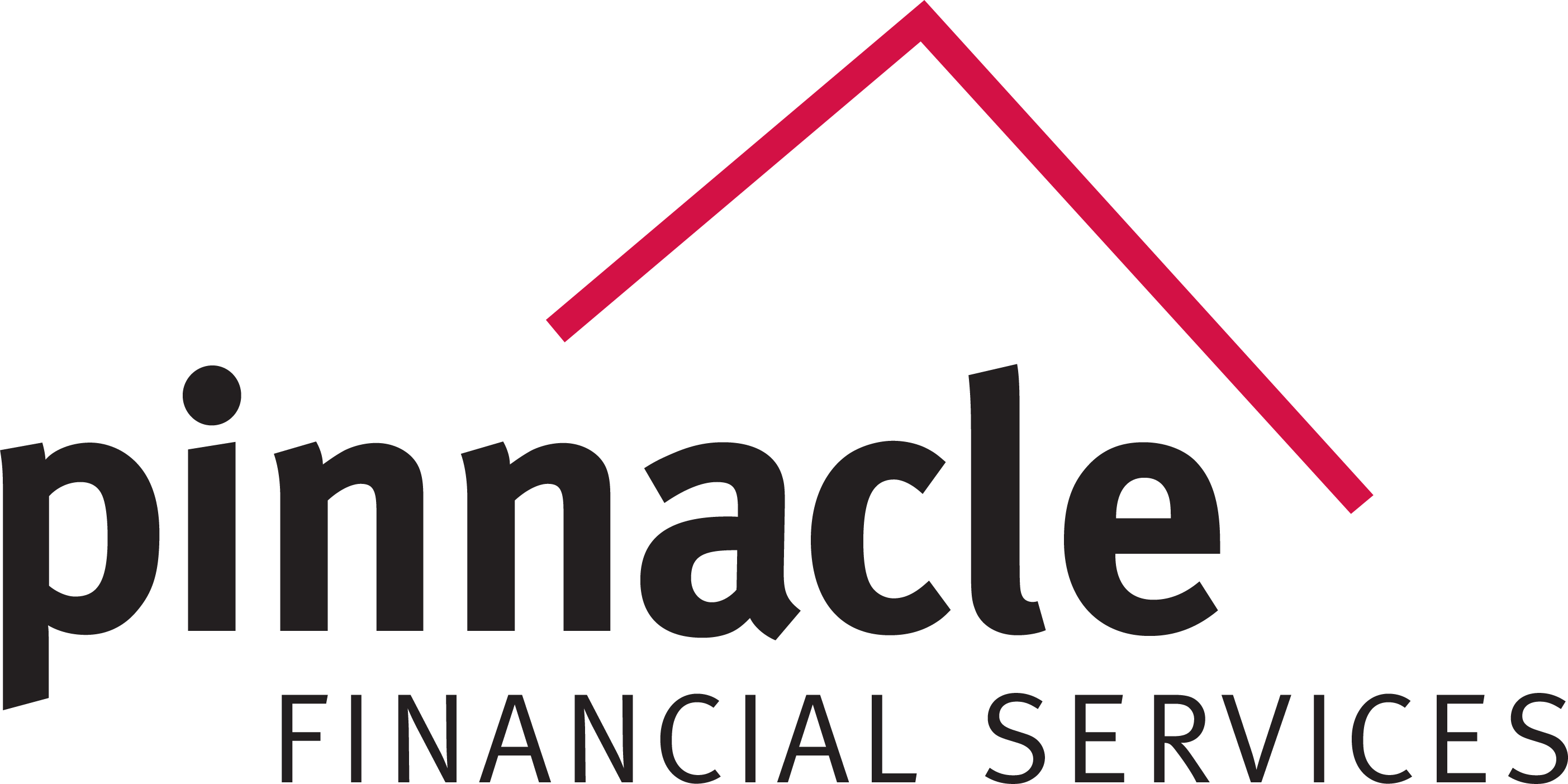On November 6, 2023, the Centers for Medicare & Medicaid Services (CMS) issued a proposed rule that would revise the Medicare Advantage Program (MA), Medicare Prescription Drug Benefit Program (Part D), Medicare Cost Plan Program, Programs of All-Inclusive Care for the Elderly (PACE), and Health Information Technology Standards and Implementation Specifications. The proposed policies build on existing Biden-Harris policies to strengthen beneficiary protections and guardrails to promote healthy competition and ensure Medicare Advantage plans best meet the needs of beneficiaries. In addition, these proposed policies would promote access to behavioral health care providers, promote equity in coverage, and improve supplemental benefits.
On December 14, 2022, CMS issued CMS-4201-P, which proposed revisions to regulations governing MA, Part D, Medicare cost plans, PACE, and Health Information Technology Standards and Implementation Specifications. All the provisions included in the proposed rule CMS-4201-P were open for public comment from December 14, 2022, to February 13, 2023. On April 5, 2023, CMS issued final rule CMS-4201-F, which finalized several provisions proposed in CMS-4201-P. CMS intends to address a number of the remaining provisions from the proposed rule, CMS-4201-P, in future rulemaking, including in the final version of this rule.
This fact sheet discusses the major provisions of the 2025 proposed rule. The proposed rule can be downloaded here: https://www.federalregister.gov/public-inspection/current.
Enhancements to Medicare Advantage and Medicare Part D
New Guardrails for Plan Compensation to Agents and Brokers to Stop Anti-competitive Steering
Many beneficiaries rely on agents and brokers to help navigate complex Medicare choices as they compare shop for coverage options. The Medicare statute requires that CMS’s marketing standards ensure that CMS develops guidelines to ensure that the use of compensation creates incentives for agents and brokers to enroll individuals in the Medicare Advantage plan that is intended to best meet their health care needs. However, financial incentives to agents and brokers, more readily paid by large plans, can result in beneficiaries being steered to some Medicare Advantage plans over others based on excessive broker and agent compensation and other bonus arrangements—rather than recommending plans based on the prospective enrollee’s best interests.
Specifically, CMS is proposing to redefine “compensation” to set a clear, fixed amount that agents and brokers can be paid regardless of the plan the beneficiary enrolls in, addressing loopholes that result in commissions above this amount that create anti-competitive and anti-consumer steering incentives. The proposal ensures the payment of agent and broker compensation reflects only the legitimate activities required of agents and brokers by broadening the scope of the regulatory definition of “compensation” so that it is inclusive of all activities associated with the sales to/enrollment of a beneficiary into a Medicare Advantage plan or Part D plan. The proposed national agent/broker fixed compensation amount for Medicare Advantage is $632. This proposed fixed amount for Medicare Advantage compensation, compared to the existing national compensation cap of no more than $601, would eliminate the current variability in payments and improve the predictability of compensation for agents and brokers.
Additionally, the proposed rule would generally prohibit contract terms between Medicare Advantage plan organizations and marketing middlemen, such as field marketing organizations, that result in things such as volume-based bonuses for enrollment into certain plans, which may interfere with the ability of agents or brokers to assist the enrollee in finding the plan that is best suited to their needs.
These proposed policies advance the goals of President Biden’s historic Competition Council and Executive Order signed in July 2021 by helping to ensure a robust and competitive Medicare Advantage marketplace.
Improving Access to Behavioral Health Care Providers
CMS is taking steps to improve access to behavioral health care services for Medicare Advantage plan enrollees by proposing updates to network adequacy standards. The Consolidated Appropriations Act, of 2023 established a new statutory Medicare benefit category for services furnished by marriage and family therapists (MFTs) and mental health counselors (MHCs). Through separate rulemaking in the Calendar Year 2024 Physician Fee Schedule final rule, Through separate rulemaking in the Calendar Year 2024 Physician Fee Schedule final rule, CMS has also finalized that addiction or drug and alcohol counselors, who otherwise meet the statutory requirements of MHCs, are able to enroll in Medicare. An estimated 400,000 MFTs and MHCs will be eligible to enroll in Medicare and enrolled MFTs and MHCs can bill Medicare for services starting January 1, 2024. Most of these providers practice within outpatient behavioral health facilities, such as mental health centers, substance use treatment centers, and hospitals. To help ensure that people with a Medicare Advantage plan have access to behavioral health providers, including these newly enrolled providers, CMS is proposing to add a range of behavioral health providers under one category called “Outpatient Behavioral Health” as a facility-specialty for which CMS sets Medicare Advantage plan network adequacy standards. Specialists under this category will include MFTs and MHCs, Opioid Treatment Program providers, Community Mental Health Centers, addiction medicine physicians, and other providers who furnish addiction medicine and behavioral health counseling or therapy services in Medicare today.
In addition, CMS is proposing to add this Outpatient Behavioral Health facility specialty to the list of the specialty types that will receive a 10% credit if the Medicare Advantage plan organization’s contracted network of providers includes one or more telehealth providers of that specialty type who provide additional telehealth benefits for covered services.
Mid-Year Enrollee Notification of Available Supplemental Benefits
An increasing share of Medicare dollars is going toward Medicare Advantage plan rebates that Medicare Advantage plans are using to advertise a wide array of supplemental benefits, including special supplemental benefits for chronically ill enrollees. In 2022, over 99% of Medicare Advantage plans offered at least one supplemental benefit, the median was 23 supplemental benefits, and the most frequently offered benefits were vision, hearing, fitness, and dental. Some of these benefits address unmet social determinants of health needs, such as food insecurity or inadequate access to transportation. However, at the same time, plans have reported that enrollee utilization of many of these benefits is low. To ensure the large federal investment of taxpayer dollars in these benefits is actually making its way to beneficiaries and are not primarily used as a marketing ploy, the proposed rule requires Medicare Advantage plans to engage in minimum outreach efforts so that enrollees are aware of the supplemental benefits available to them. CMS is proposing that a “Mid-Year Enrollee Notification of Unused Supplemental Benefits” be issued annually, personalized to each enrollee, that includes a list of any supplemental benefits not accessed during the first six months of the year. In addition, the notification would include the scope of the benefit, cost-sharing, instructions on how to access the benefit, any network application information for each available benefit, and a customer service number to call if additional help is needed. These policies advance the goals of President Biden’s historic Competition Council and Executive Order signed in July 2021 by helping make consumers aware of their plan benefits, facilitating better decision-making and consumer choice in the Medicare Advantage marketplace.
New Standards for Supplemental Benefits for the Chronically Ill
The Bipartisan Budget Act of 2018 introduced special supplemental benefits for the chronically ill (SSBCI), which are benefits provided to eligible chronically ill enrollees who have a reasonable expectation of improving or maintaining health or overall function. CMS proposes new requirements for Medicare Advantage plans to demonstrate, by the time they submit bids, that SSBCI items and services meet the legal threshold of having a reasonable expectation of improving the health or overall function of chronically ill enrollees and are supported by research. CMS is proposing that Medicare Advantage plans establish and maintain bibliographies of relevant research studies or other data to demonstrate that an SSBCI meets these requirements. Additionally, CMS proposes to update SSBCI marketing requirements to prevent misleading marketing related to these benefits that makes it appear that the benefits are available to everyone. These policies advance the goals of President Biden’s historic Competition Council and Executive Order signed in July 2021 by helping to ensure a robust and competitive Medicare Advantage marketplace made up of plan options with meaningful benefits.
Annual Health Equity Analysis of Utilization Management Policies and Procedures
Prior authorization policies and procedures may have a disproportionate impact on underserved populations and may delay or deny access to certain services. The proposed rule ensures that Medicare Advantage plan organizations analyze their utilization management (UM) policies and procedures from a health equity perspective. CMS is proposing updates to the composition of, and responsibilities for, the Utilization Management (UM) committee to require: 1) a member of the UM committee to have expertise in health equity, 2) the UM committee conduct an annual health equity analysis of prior authorization policies and procedures used by the Medicare Advantage plan organization, and 3) Medicare Advantage plan organizations to make the results of the analysis publicly available on their website. The goal of the health equity analysis is to create additional transparency and identify disproportionate impacts of UM policies and procedures on enrollees who receive the Part D low-income subsidy, are dually eligible, or have a disability.
Enhance Enrollees’ Rights to Appeal a Medicare Advantage Plan’s Decision to Terminate Coverage for Non-Hospital Provider Services
Currently, Medicare beneficiaries enrolled in a Medicare Advantage Plan under current regulations do not have the same access to Quality Improvement Organization (QIO) review of a fast-track appeal as Traditional Medicare beneficiaries. CMS is proposing to (1) require the QIO, instead of the Medicare Advantage Plan, to review untimely fast-track appeals of a Medicare Advantage Plan’s decision to terminate services in a skilled nursing facility, comprehensive outpatient rehabilitation facility, or by a home health agency; and (2) fully eliminate the provision requiring forfeiture of an enrollee’s right to appeal a termination of services decision when they leave the facility. These proposals would bring Medicare Advantage Plan regulations in line with the parallel reviews available to beneficiaries in Traditional Medicare and expand the rights of Medicare Advantage Plan beneficiaries to access the fast-track appeals process.
Increase the Percentage of Dually Eligible Managed Care Enrollees Who Receive Integrated Medicare and Medicaid Services
Dually eligible individuals face a complex assortment of enrollment options. To improve the experiences and outcomes for dually eligible individuals, the proposed rule would increase the percentage of dually eligible Medicare Advantage Plan enrollees who are in plans that also cover Medicaid by offering more opportunities for enrollment in plans that integrate Medicare and Medicaid and more opportunities to switch to Traditional Medicare, as opposed to Medicare Advantage Plans that differ from the enrollee’s Medicaid plan. To achieve this, the proposed rule would revise the current quarterly special enrollment period (SEP) for dually eligible and other Part D low-income subsidy (LIS) enrolled individuals to a once-per-month SEP to enroll in a standalone prescription drug plan and create a new integrated care SEP, to allow dually eligible individuals to elect an integrated dual eligible special needs plan (D-SNP) on a monthly basis.
Increasing the percentage of dually eligible Medicare Advantage Plan enrollees who are in plans that also cover Medicaid would expand access to integrated materials, unified appeal processes across Medicare and Medicaid, and continued Medicare services during an appeal for those individuals. By reducing the number of plans that can enroll dually eligible individuals outside of the annual election period, the proposed rule would also reduce aggressive, confusing marketing tactics toward dually eligible individuals throughout the year. These policies advance the goals of President Biden’s historic Competition Council and Executive Order signed in July 2021 by promoting beneficiary choice and facilitating improved access to an array of Medicare coverage options for low-income beneficiaries.
For D-SNP PPOs, Limit Out-of-Network Cost Sharing
The proposed rule would limit out-of-network cost sharing for D-SNP preferred provider organizations (PPOs) for specific services, beginning in 2026. The proposed rule would reduce cost shifting to Medicaid, increase payments to safety net providers, expand dually eligible enrollees’ access to providers, and protect dually eligible enrollees from unaffordable costs.
Standardize the Medicare Advantage Plan Risk Adjustment Data Validation (RADV) Appeals Process
The proposed rule addresses operational constraints included in existing Risk Adjustment Data Validation (RADV) appeal regulations. CMS is proposing that Medicare Advantage Plan organizations may request only a medical record review determination appeal or payment error calculation appeal for purposes of reconsideration, and not both at the same time. CMS is proposing that Medicare Advantage Plan organizations that request a medical record review determination appeal may only request a payment error calculation appeal after the completion of the medical record review determination administrative RADV appeal process. Additionally, the proposed rule clarifies that a revised audit report containing a recalculated payment error calculation will not be issued by the Secretary at each level of appeal but instead will be issued when a medical record review determination appeal or a payment error calculation appeal is final, as applicable. Finally, the proposed rule includes a requirement that if the CMS Administrator does not decline to review or does not elect to review within 90 days of receipt of either the Medicare Advantage Plan organization’s or CMS’s timely request for review (whichever is later), the hearing officer’s decision becomes final.
Threshold for Identifying D-SNP Look-Alikes
The proposed rule would change contracting standards for D-SNP look-alikes. We adopted these contracting limitations to ensure full implementation of requirements for D-SNPs, including minimum integration standards as required under Section 1859(f)(8)(D)(i) of the Act, as added by the Bipartisan Budget Act of 2018. We are proposing to lower the D-SNP look-alike threshold from 80% to 70% in 2025 and to 60% in 2026. This proposal would help to address the continued proliferation of Medicare Advantage Plans that are serving high percentages of dually eligible individuals without meeting the requirements to be a D-SNP.
More Flexibility to More Quickly Substitute Lower Cost Biosimilar Biological Products for Their Reference Products
We are proposing to permit Part D sponsors to treat formulary substitutions of biosimilar biological products other than interchangeable biological products for their reference products as “maintenance changes” that would not require prior approval by CMS. Under our current guidance, plans must obtain explicit approval prior to substituting with biosimilar biological products other than interchangeable biological products, and these substitutions apply only to enrollees who begin therapy after the effective date of the change—delaying enrollees’ access to cheaper options. Treating these substitutions as maintenance changes would also mean that any substitutions would apply to all enrollees (including those already taking the reference product prior to the effective date of the change) following a 30-day notice, so that enrollee access to equally effective, but potentially more affordable, options would be available sooner. Consistent with the work of the President’s Competition Council, this proposal continues the Biden-Harris Administration’s commitment to promoting enhanced access to affordable biosimilar and generic products.



